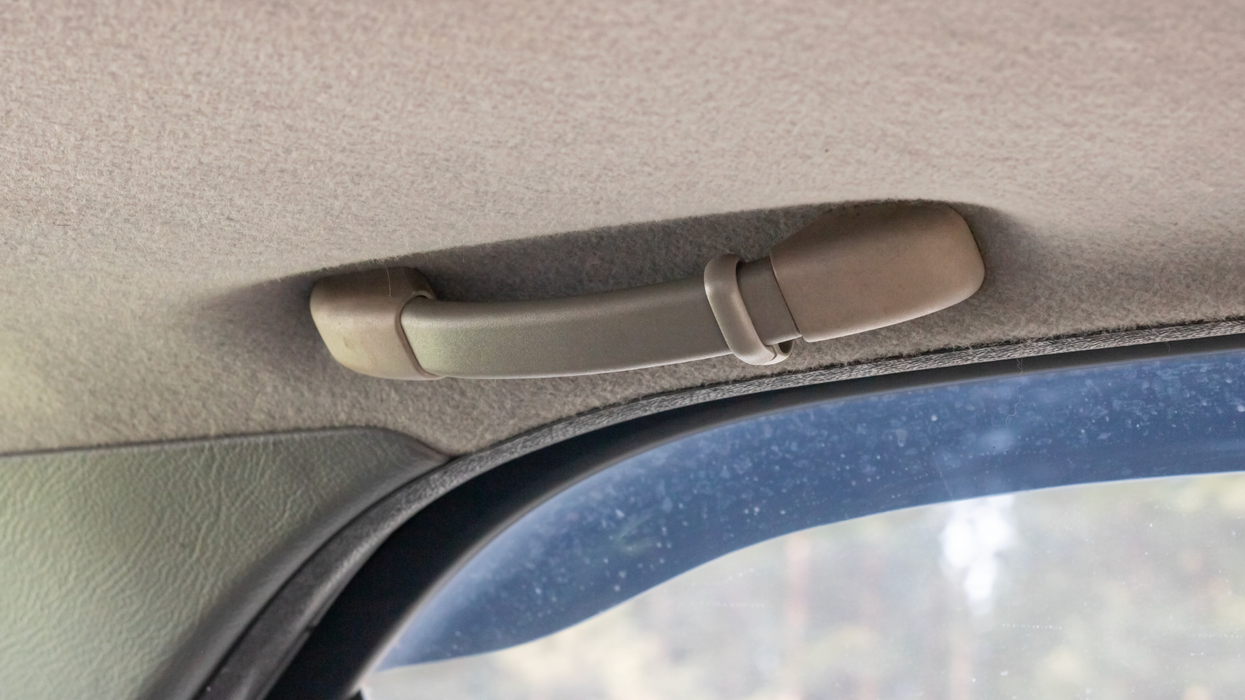For the last three years, President Obama has proposed eliminating $4 billion in subsidies and tax breaks to oil companies in his budget. Every year, Congress has ignored the proposal.
Last week, the idea got a bit more traction, as the big five oil companies all announced massive first quarter profits (while gasoline hovers around $4 per gallon), and even some Republican leaders are paying the idea of cutting subsidies some lip service. Of course, most members of Congress receive so much funding from the oil companies that they'll make comments like Sarah Palin's: that $4 billion is a "drop in the bucket" and not worth eliminating.
As we noted last week, that "drop in the bucket" is 1,200 times the amount that Republicans fought so hard to strip away from NPR, and 13 times more than was fought tooth and nail to have removed from Planned Parenthood's budget.
Sometimes it's argued that these subsidies help keep gas prices down, which is simply not true. (See this Joint Economic Committee report (PDF) for pretty definitive proof. There's actually a strong argument to be made that these subsidies are a "big culprit in high gas prices.")
I couldn't help but wonder what we could get for this $4 billion per year that would actually help reduce our massive demand for oil, and, thus, help ease gas prices.
So here are some back-of-napkin calculations of how we could better spend that $4 billion:
- Weatherize 615,384 homes: Every year we could retrofit American homes, sealing windows and doors, blowing in new insulation, and ultimately saving families hundreds of dollars every year in energy costs. As an added bonus, this would help create thousands of jobs, as there are roughly 52 direct jobs and 23 indirect jobs created for every $1 million spent on weatherization. For $4 billion, that would mean around 300,000 jobs created.
In all likelihood, the number of homes actually weatherized every year would be much higher. I used $6,500 per home as an estimate, which is at the top of the range. In 2008 in New Jersey, for instance, 3,000 homes were weatherized with a budget of just $5.7 million, or an average of $1,900 per home.
- Buy 99,304 Chevy Volts: With $4 billion, the U.S. government could completely underwrite the purchase of nearly 100,000 plug-in electric vehicles. This is at the current MSRP of $40,280. Or, if we'd like to buy a few more conventional hybrids, the Ford Fusion hybrid gets 41/36 mpg (City/highway), and runs about $28,405. So we could buy 140,820 of those and start saving a whole lot of gasoline.
- Install 200,000 geothermal heat pumps: We could take the oil-burning furnaces out of roughly 200,000 American homes and replace them with geothermal heat pumps. Since these incredibly efficient devices use the constant temperature six feet under the Earth's surface to control climate in a home, families in the northern United States would immediately start saving thousands of dollars in heating expenses every year. And we'd reduce our demand of oil considerably. While geothermal heat pump costs vary considerably, I used a really highball estimate of $20,000 per house, so in reality we'd probably be able to install thousands more.
Remember, we could do any of these things every year for the next ten years for the same amount of money as we now give away to the oil companies in the form of subsidies and tax breaks. The biggest difference is that these proposals would all start saving families real money immediately, lining the pockets of working Americans and not helping oil companies set record profits.
Next week, the Senate may vote on ending the $4 billion per year in oil company subsidies. Last Thursday, the House GOP blocked a vote on the issue.
















 Otis knew before they did.
Otis knew before they did.